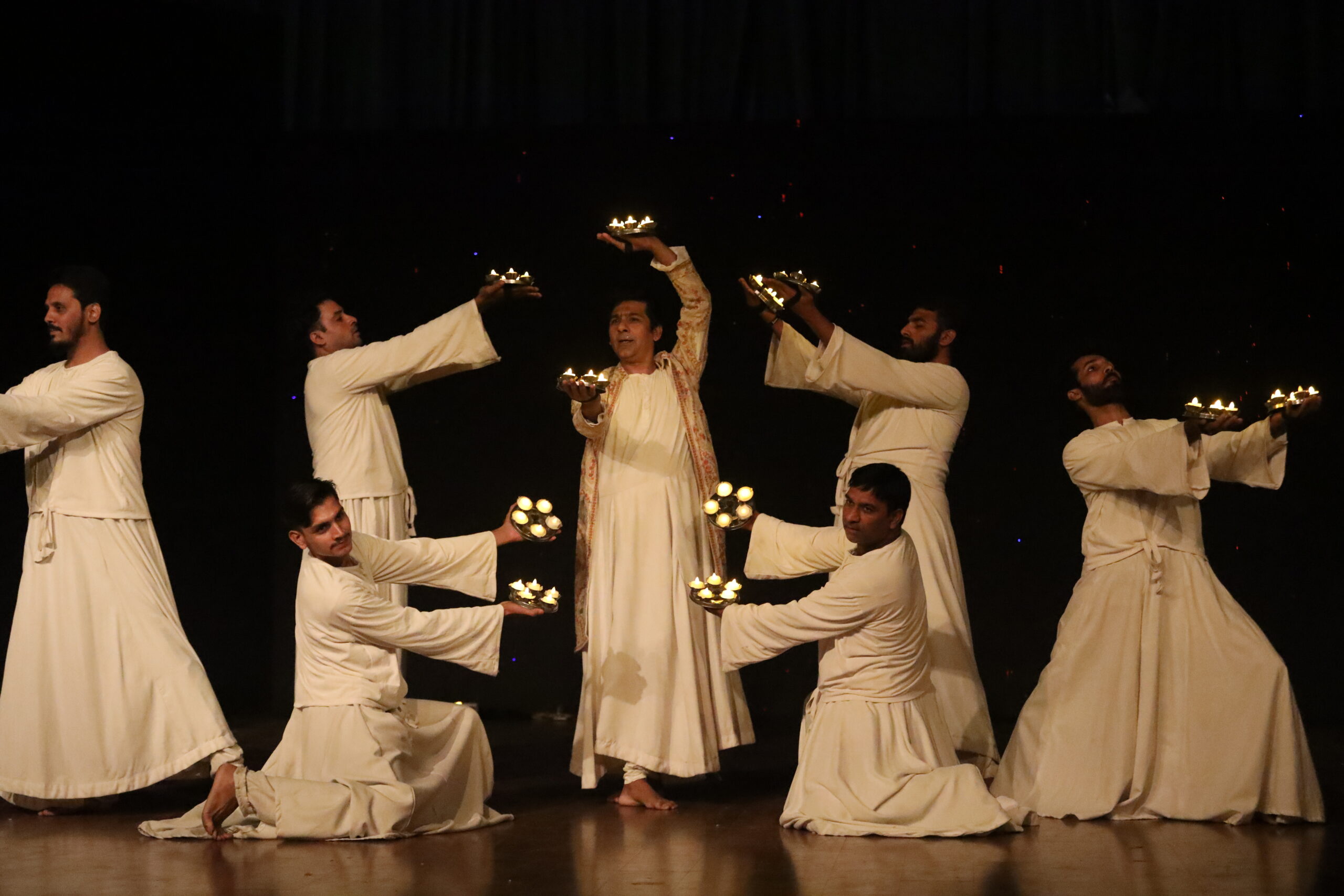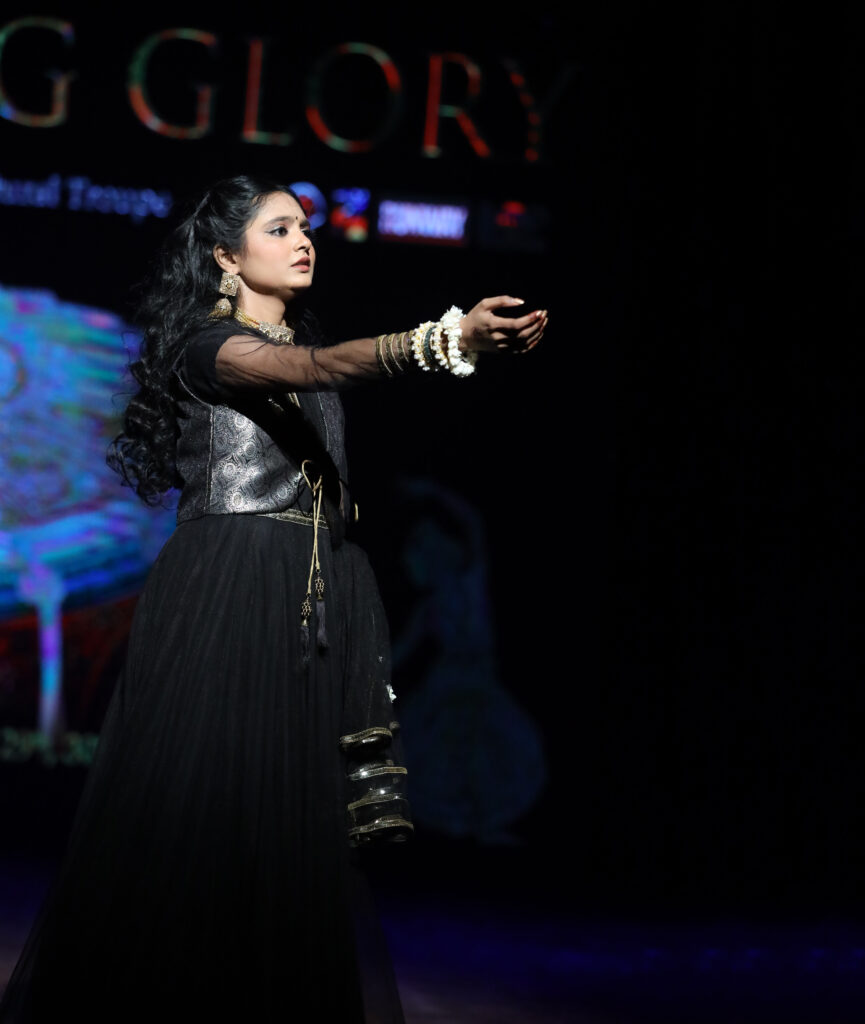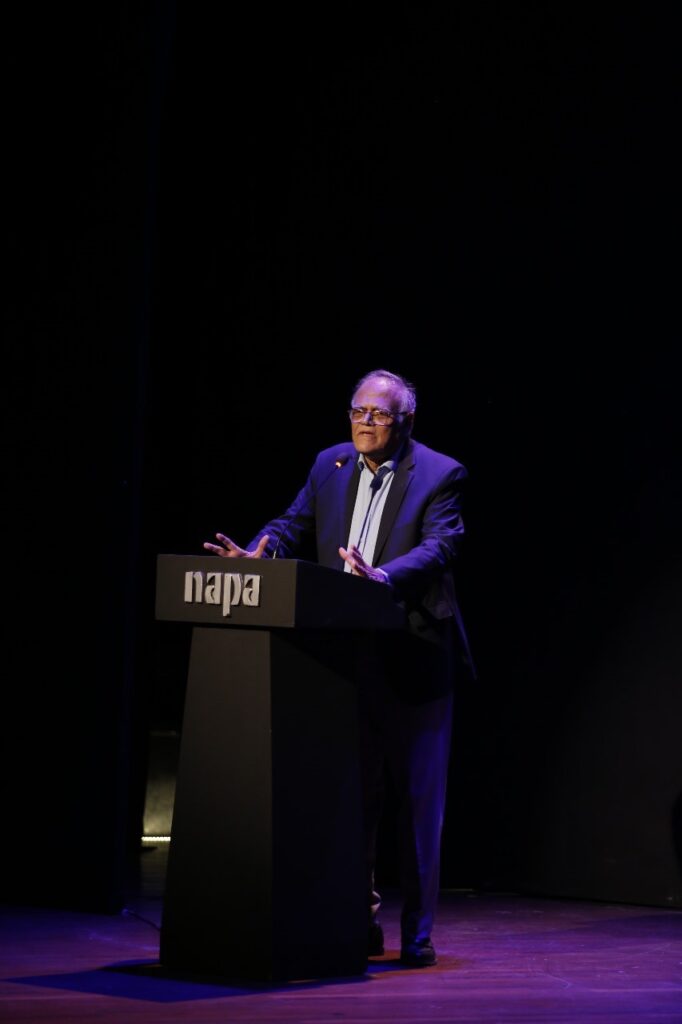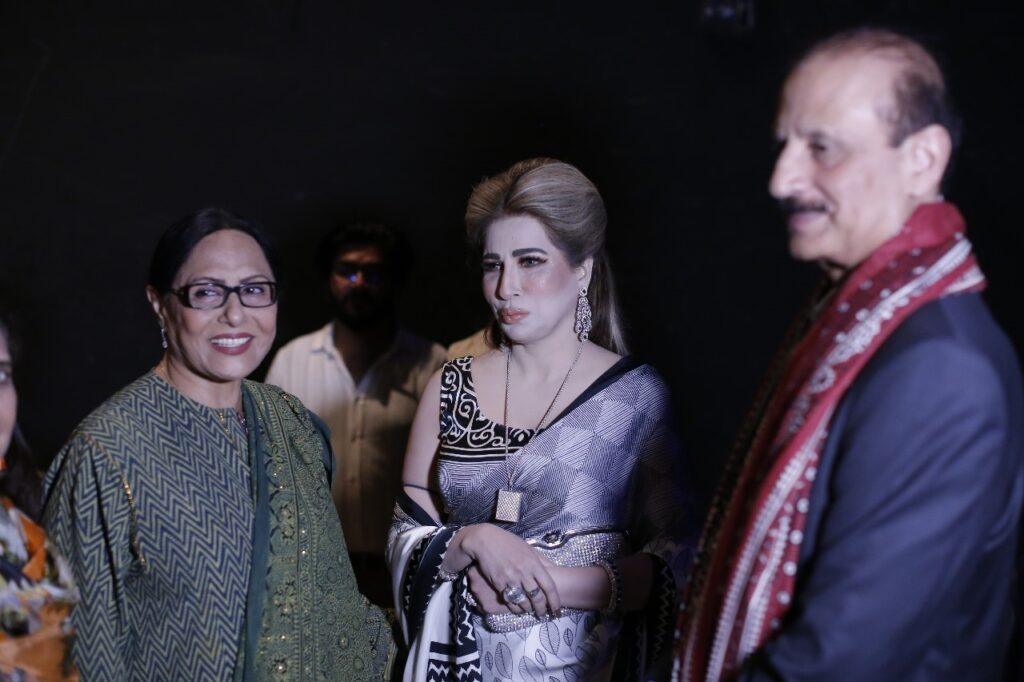Theatre
A Walled City’s Presentation

By Imran Shirvanee
The Walled City of Lahore Authority’s Cultural Troupe gave a thoroughly entertaining performance at the National Academy of Performing Arts (NAPA) for four evenings, recently.
The show on Day One began with a welcome address by Napa’s CEO Junaid Zuberi. Former senator and board member of the academy Javed Jabbar, who had conceptualized the programme said, “The credit for making NAPA goes to the federal and provincial governments as citizens of Pakistan are able to benefit from the extraordinary standards of teaching, guidance of individual development and other fields such as cinema, television etc., without often being acknowledged,” said Mr. Jabbar. He also introduced and praised Kamran Lashari, the man behind the troupe.
Two show-reels were shown about the work done by the Walled City of Lahore Authority followed by Kamran Lashari’s speech. He said he didn’t know what made Mr. Jabbar showcase the talent of his group in a city like Karachi. “We have 12 gates in Lahore so thank you for opening those gates. I’m delighted and overwhelmed because I’m the guy who’s carried Sindh inside me all my life. It was instant love. The romance with Sindh began as soon as I got into civil service. I landed in Umerkot in District Tharparkar for my first 18 months of service. I was instantly attracted to the culture. Then I stayed in Sindh for about nine years – Thatta, Karachi West and the last posting in Sukkur. This flame for culture in me was ignited by Sindh, most of all the District of Tharparkar.” Mr Lashari then spoke on the projects that he undertook after retirement, before the performances.

The first act presented a kathak dance by the father-daughter duo Zakarya and Jessica Iqbal. It was a traditional rendition of the teen taal beat done with perfect moves. The show was further elevated with the lively presentation by folk artiste Fazal Jatt who appeared on stage with a group of musicians, a dhol player to his right and a chimta player on his left, flanked by four dancers. He used the form of storytelling with impressive vocals and rhythmic patterns, singing the famous tale of Sohni-Mahival. His presentation was extremely popular with the audience. Continuing in the same style, he sang ‘Chhalla’ and rounded off his segment with ‘Lok Boliyan’ with the audience clapping rhythmically to its lively beat. The second half of the programme constituted of vibrant performances introduced to the audience by Sabahat Rafiq. The final item of the evening was a dhamaal by Saeen Abbas.

Day Two had a different audience with underprivileged school children participating. They were so involved in the performances that they danced to the tunes by Fazal Jatt and the dhammal that was generated by Saeen Abbas with his dhol team, bringing joy to the organizers.

The last two days were open for the general public. Again, the hall was brimming with guests but there was a slight change in the programme: Fazal Jatt came immediately after the father-daughter duo’s kathak performance, and generated so much energy that at the end of the entire show, it was only natural that he made a re-entry for another performance. Karachi was indeed enthralled and awed by the zestful presentation of Walled City Troupe.
